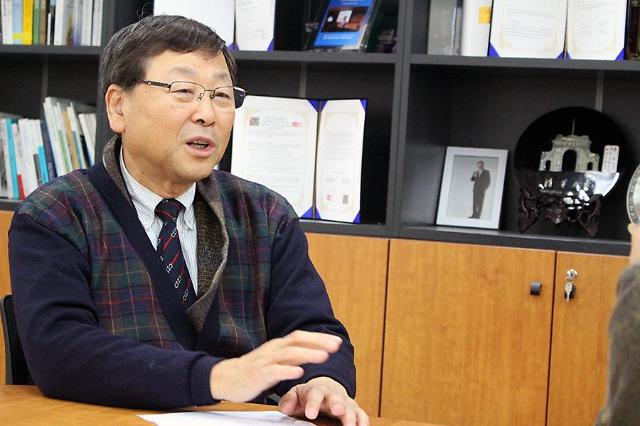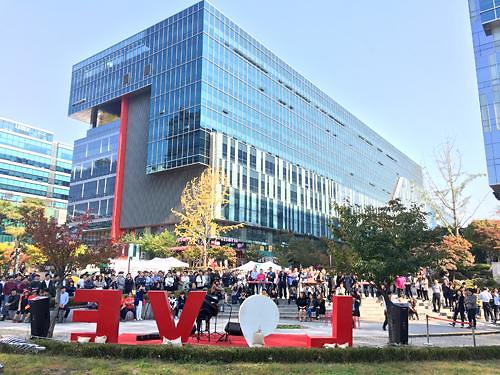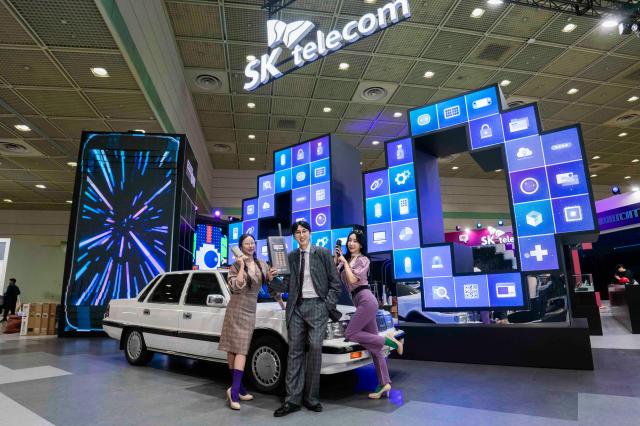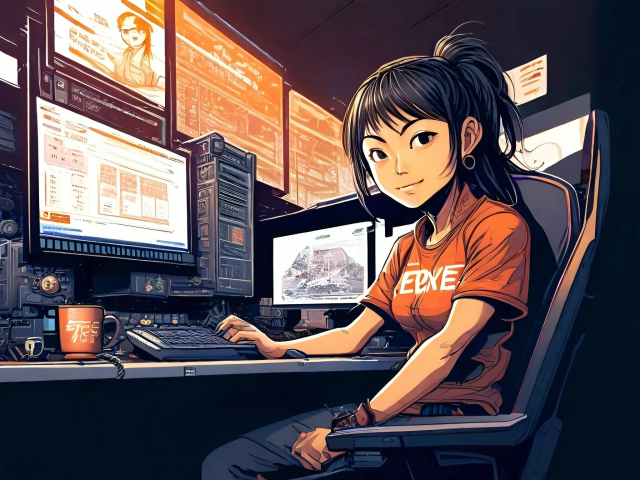
Kim Jin-hyung, The head of the Artificial Intelligence Research Institute (AIRI). [Courtesy of Artificial Intelligence Research Institute (AIRI)]
SEOUL, Dec. 22 (Aju News) -- Helped by a massive injection of state money and unlimited long-term support, China is forecast to become a global leader in artificial intelligence probably ahead of the United States and other tech powers, a South Korean AI expert said.
Under the wise leadership of tech-savvy communist party leaders, China has mapped out a very effective strategy to innovate everything using AI as a key technology to establish smart cities, smart finance and even smart traffic, said Kim Jin-hyung, who heads the Artificial Intelligence Research Institute (AIRI).
"I think China understands AI very well, and I respect the Chinese government for saying it will pour everything into artificial intelligence," he said in an interview with Aju News from his office in Pangyo Techno Valley, a high-tech industrial complex which focuses on information technology, biotech, cultural technology and fusion technology.
Kim, a KAIST professor emeritus who also serves as chairman of the Open Data Strategy Council, predicted in a confident manner that by 2030, China could achieve the goal of becoming a global AI leader.
His prediction is based on official data that China's AI sector received an investment of 18 trillion won (16.6 billion US dollars) just in three years, while South Korea's AI industry got 20 to 30 billion won out of its total annual research fund estimated at 20 trillion won.
"China is all in AI. They know that data is important," Kim said, adding the U.S. does not collect data because of privacy while China has no such concept. "That is one of the things the U.S. is afraid of, and China will be able to develop very advanced artificial intelligence because it can collect huge data."
More worrisome, China does not hide the goal of using AI for military purposes to make automatic weapons, with civilian and military bodies sharing technologies, the expert said.
China has been almost all about growing computer talent from 2000, investing a lot in manpower and data, he said, pointing to China's great entrepreneurial enthusiasm and many Chinese AI experts studying in American colleges. "China is writing more papers on deep learning, a hot item these days. In the number of deep-learning papers, China has outpaced the U.S."
According to a recent report from the Institute for Information and Communications Technology Promotion, South Korea stood third after the United States and Japan in terms of AI-related patents from January 2005 to September of this year.

[Pangyo Techno Valley]
The report was based on a survey of AI-related technologies applied to patent bodies in the U.S., Japan, China, the European Union and South Korea. South Korea's patents focused on AI technologies for mobile devices and wireless communications solutions, led by major tech firms affiliated with Samsung and LG groups.
South Korea is behind advanced nations in machine learning, the state institute said, but Kim admits South Korea fells far short of China in AI manpower.
Compared to China, which has invested heavily in computing and computer science for up to three decades, South Korea has paid little attention, resulting in a manpower shortage especially in the field of artificial intelligence.
"Over time, the gap will widen," Kim warned, calling for quick government action to change the trend. "The South Korean government does not know the value of artificial intelligence and policymakers have no deep knowledge or recognition."
The total number of students earning doctorates in artificial intelligence is about 50 per year, Kim said. "We are absolutely weak in manpower," he said, complaining about difficulty recruiting excellent researchers because many try to find jobs abroad.
"Korea is too slow to change. Many people feel sympathy when I talk about AI need, but it is too slow and there is no (academic) infrastructure," Kim said, suggesting South Korea should introduce a structure of reward through competition in order to create a startup boom. "The expected value should be big enough to start a business."
Like European countries, Kim said South Korea needs "a great social compromise"."If we do not do this, we have no future."
This story was contributed by Kim Jung-geon, a senior writer at Aju Business Daily, and edited by Lim Chang-won.




